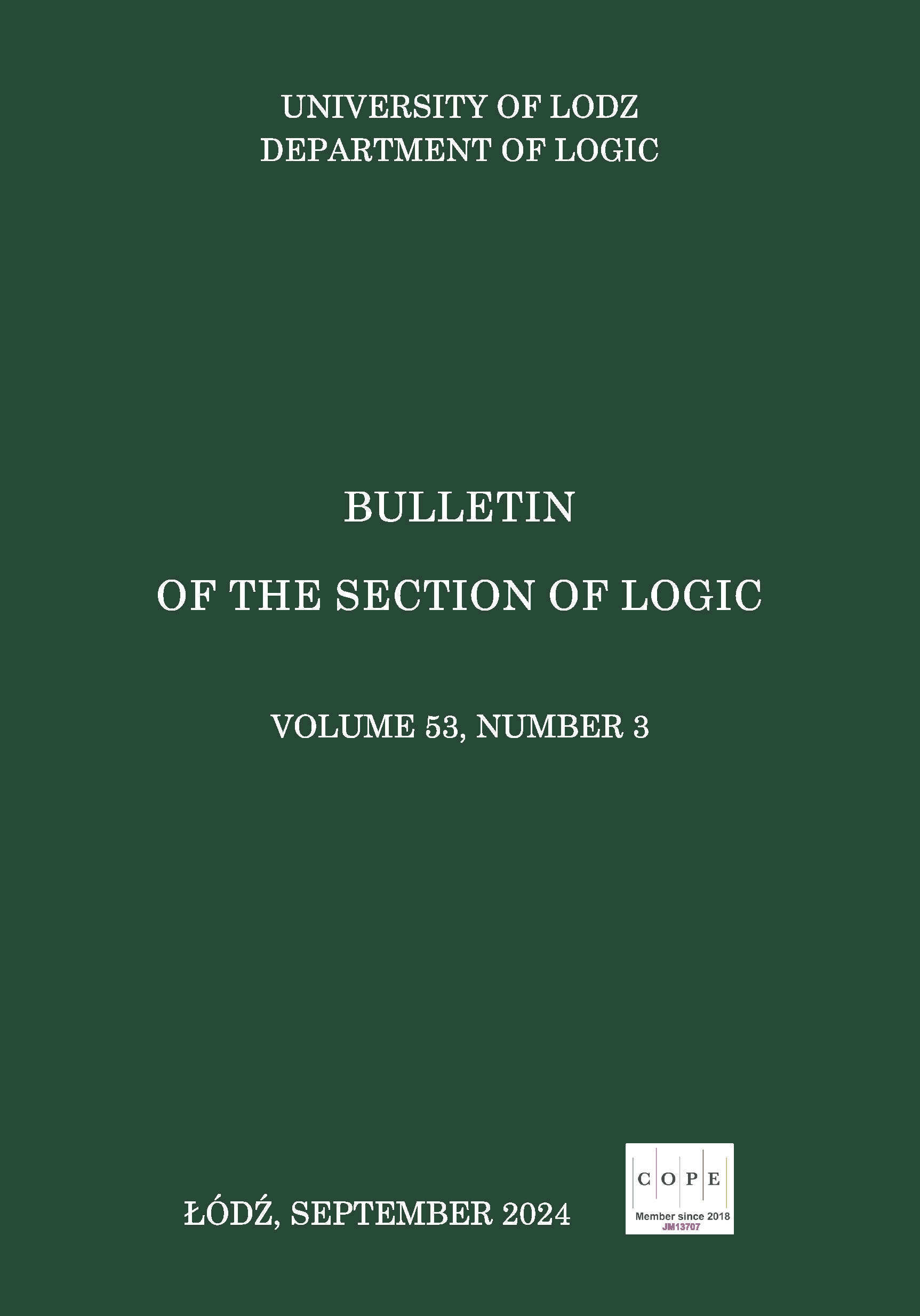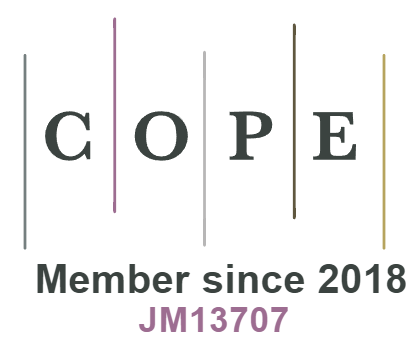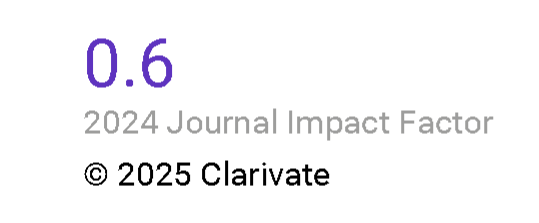Positive Complete Theories and Positive Strong Amalgamation Property
DOI:
https://doi.org/10.18778/0138-0680.2024.10Keywords:
h-inductive theory, existentially closed, complete theory, positive amalgamation, positive strong amalgamation, mathematical model, semanticsAbstract
We introduce the notion of positive strong amalgamation property and we investigate some universal forms and properties of this notion.
Considering the close relationship between the amalgamation property and the notion of complete theories, we explore the fundamental properties of positively complete theories, and we illustrate the behaviour of this notion by bringing changes to the language of the theory through the groups theory.
References
M. Belkasmi, Positive model theory and amalgamations, Notre Dame Journal of Formal Logic, vol. 55.4 (2014), pp. 205–230, DOI: https://doi.org/10.1215/00294527-2420648
Google Scholar
DOI: https://doi.org/10.1215/00294527-2420648
M. Belkasmi, Algebraically closed structures in positive logic, Annals of Pure and Applied Logic, vol. 171.9 (2020), pp. 243–258, DOI: https://doi.org/10.1016/j.apal.2020.102822
Google Scholar
DOI: https://doi.org/10.1016/j.apal.2020.102822
E. Hrushovski, Simplicity and the Lascar group, Preprint, (1998).
Google Scholar
A. Pillay, Forking in the category of existentially closed structure, In connection between model theory and algebraic and analytic geometry. Quuderini di Matematica. University of Napoli, vol. 6 (200), pp. 23–42.
Google Scholar
I. B. Yaacov, B. Poizat, Fondements de la Logique Positive, The Journal of Symbolic Logic, vol. 72.4 (2007), pp. 1141–1162, DOI: https://doi.org/10.2178/jsl/1203350777
Google Scholar
DOI: https://doi.org/10.2178/jsl/1203350777
Downloads
Published
How to Cite
Issue
Section
License

This work is licensed under a Creative Commons Attribution-NonCommercial-NoDerivatives 4.0 International License.
Funding data
-
Qassim University
Grant numbers QU-APC-2024-9/1















